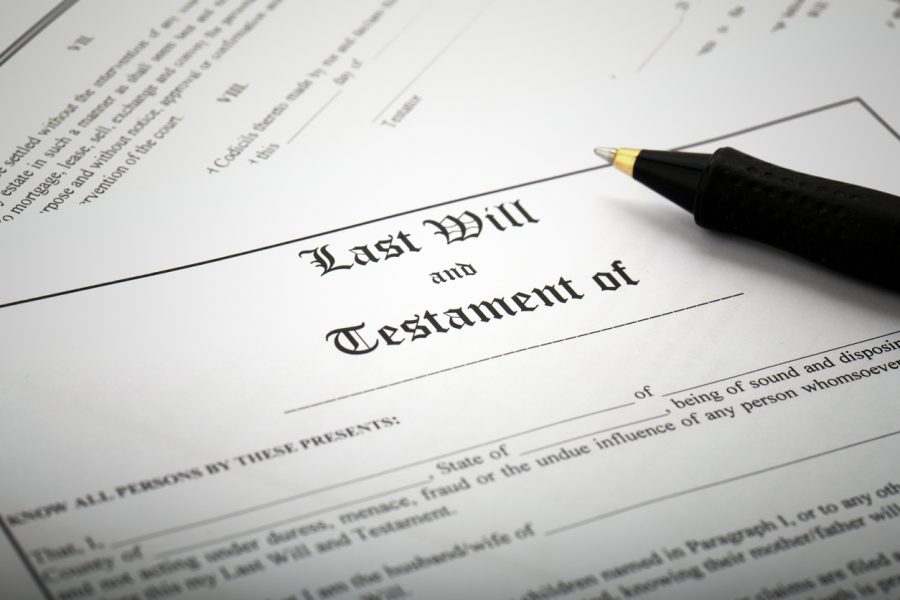
Daughters can inherit self-acquired property of father dying intestate: SC

The Supreme Court has said a daughter of a Hindu male can inherit the self-acquired property or share received in partition of a coparcenary property of her father dying intestate or without a will.
A bench of justices S Abdul Nazeer and Krishna Murari said the daughter will get preference over other collateral members of the family in staking claim to the father’s property.
“Right of a widow or daughter to inherit the self-acquired property or share received in partition of a coparcenary property of a Hindu male dying intestate is well recognized not only under the old customary Hindu Law but by various pronouncements,” the bench said.
The court gave the verdict after hearing a petition against a Madras High Court judgment on the property rights of Hindu women and widows under the Hindu Succession Act, 1956. The self-acquired property in question was that of one Marappa Gounder.
The appellant had sought to know whether the late Gounder’s only surviving daughter Kupayee Ammal can inherit her father’s property through inheritance or if the property would devolve by survivorship to the father’s brother’s son.
“If a property of a male Hindu dying intestate is a self-acquired property or obtained in the partition of a coparcenary or a family property, the same would devolve by inheritance and not by survivorship, and a daughter of such a male Hindu would be entitled to inherit such property in preference to other collaterals (like sons or daughters of brothers of the deceased father,)” the bench said.
In the 51-page judgment, the court said the provisions in the inheritance law were made as a Hindu woman could not claim an absolute interest (complete right or ownership of the property) in the properties inherited by her but only had a life interest (lasting a lifetime) in the estate so inherited.
“Section 14(I) converted all limited estates owned by women into absolute estates and the succession of these properties in the absence of a will or testament would take place in consonance with Section 15 of the Hindu Succession Act, 1956,” the court ruled.
The court, however, said that if a Hindu woman dies inestate without leaving any children, then the property inherited by her from her father or mother would go to the heirs of her father and the property inherited by her from her husband or father-in-law would go to the heirs of her husband, the court clarified.
“The basic aim of the legislature in enacting Section 15(2) (of the Hindu Succession Act) is to ensure that inherited property of a female Hindu dying issueless and intestate, goes back to the source,” the court said.
Setting aside the orders of the trial court and the high court in the case, the apex court said that as the property in question was self-acquired by the petitioner’s father “despite the family being in a state of jointness upon his death intestate,” it would go to his sole surviving daughter by inheritance and not devolve by survivorship.


